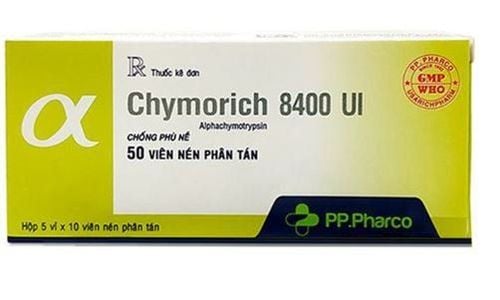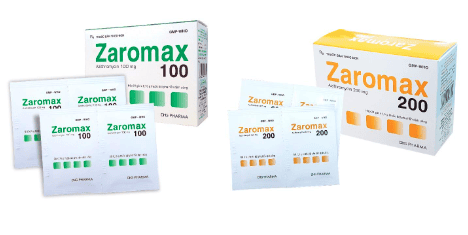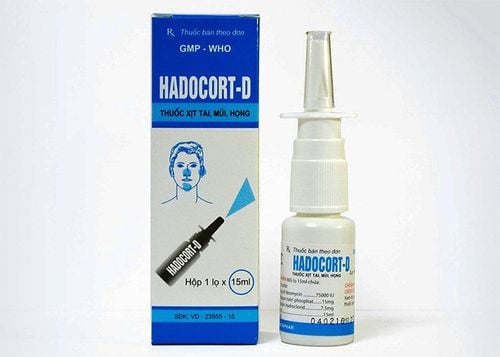This is an automatically translated article.
In recent years, considered a superfood, pomegranate has gained popularity as a fruit that can reduce inflammation and improve your overall health. Much of these benefits have to do with polyphenols, powerful antioxidant nutrients found in other plant-based foods, such as berries and green tea. This article helps provide some essential information about the benefits of pomegranate for your skin.
1. Benefits of using pomegranate for skin
Antioxidants like vitamin C found in pomegranate work by reducing cell damage in your body. Other notable compounds include tannins, ellagitannins, and anthocyanins.
While these work best through the foods you eat and drink, topical medications may offer some benefits.
1.1. Anti-aging benefits
When applied to the skin of mice, the antioxidants helped reduce the incidence of age spots and wrinkles, although they did not completely prevent them. There are currently ongoing studies in humans.
Such effects are thought to be achieved through increased cell renewal, which is your skin's ability to shed old skin cells on the surface so that new cells can be rejuvenated.
1.2. Reduce inflammation
Reduction of free radicals can also lead to a reduction in skin inflammation. Therefore, antioxidants may reduce the symptoms of certain inflammatory skin diseases such as acne and eczema.
1.3. Antibacterial benefits
Pomegranate is said to contain natural antibacterial properties from its source of vitamin C, which can help fight bacteria and fungi on your skin. Such benefits could help treat P. acnes bacteria, which can be a precursor to acne.
1.4. UV protection
The antioxidants in pomegranates are also thought to help provide natural protection against ultraviolet (UV) rays, according to some studies. However, such protection is not enough without daily sunscreen.

Ăn lựu đẹp da bằng cách chống lại tia cực tím
1.5. Natural exfoliation
Regular exfoliation helps remove dead skin cells, reducing the signs of acne and skin aging. It is thought that these benefits are directly related to the use of the slightly crushed seeds of the pomegranate.
2. Can eating pomegranates take care of the skin?
Eating a variety of plant-based foods is said to be best for your overall health, including your skin.
Pomegranate is just one antioxidant-rich food that can be beneficial. Eating fruit - in this case, seeds - is better than drinking processed juice, as this fruit can be full of added sugars and other ingredients.
However, this does not mean that eating many pomegranates a day will be your final ticket to beautiful skin. It's more important to include a variety of antioxidant-rich foods in your diet. These may include pomegranates, but a diet for healthy skin is certainly not limited to them.
Although antioxidant-rich foods like pomegranates can help fight free radicals, there are limits to the amount of skin benefits these compounds can provide.
Using pomegranates probably won't help the following claims circulating online:
Skin cancer prevention. Although studies have supported the anti-cancer abilities of pomegranates, there is no guarantee that consuming the fruit alone will prevent cancer cell formation. This is especially true if you don't adopt other smart skin care practices, such as applying sunscreen and staying out of the sun during the mid-day hours. Increase collagen production. Skin naturally loses collagen with age, and a poor diet, smoking, and other adverse lifestyle habits can cause you to lose it faster. Antioxidant makeup from pomegranates may help reduce the appearance of skin aging, but studies support a topical role for vitamin C in collagen development, and not necessarily pomegranates. Light skin. Pomegranate will not give you youthful and glowing skin. Glowing skin is directly related to an overall healthy diet. Clean skin. Some manufacturers that sell pomegranate oil advertise their products as having the ability to "cleanse" your skin. The only way to effectively remove dirt and oil from the skin is to clean it properly - not by adding products on top of it. Hydration balance. Oral reports claim that pomegranate benefits both oily and dry skin types. Antioxidants are thought to help balance skin hydration levels in all skin types.
3. Potential Side Effects
Pomegranate use is generally considered safe and no significant side effects have been reported to date. Although uncommon, it is possible to develop an allergic reaction to pomegranate topically.
Signs of a reaction may include:
Itchy skin Redness Inflammation Rash These side effects can also occur when pomegranate essential oil is used without first diluting it with a carrier oil.

Ăn quả lựu có thể gây ra triệu chứng phát ban
4. How to Use Pomegranate on Your Skin
The use of pomegranate on your skin may involve available oils and extracts, as well as juices and seeds from the actual fruit. Do a skin patch test ahead of time to check for possible sensitization.
4.1. Mask
You can make an exfoliating mask from crushed pomegranate seeds. Make sure that you massage the product into your skin without rubbing it as this will lead to irritation. You can exfoliate your skin once or twice a week to remove dead skin cells.
4.2. Pomegranate seed oil
Pomegranate seed oil is often used as a serum. They are applied after cleansing the skin and applying toner before moisturizing. Massage your skin twice daily for best results.
4.3. Pomegranate essential oil
Essential oils are stronger than extracts, and they must be diluted with a carrier oil first. Because of their power, essential oils like pomegranate extract are used only as topical treatments.
4.3. Complementary medicine
Pomegranate is also available in capsule and tablet form with pomegranate extract. Instead of being applied topically, these supplements are taken orally. Talk to your doctor before use and make sure to take the supplements as directed.
In a nutshell, pomegranates can help improve your skin health, but there are limits to what superfoods like this fruit can do. It is more important to focus on an overall healthy diet. This includes pomegranates, but you should also consider other antioxidant-rich sources to balance your diet, including berries, green vegetables, and tea.
If you are looking to use pomegranate topically, there are many skin products that contain extracts of this fruit. You may also consider using pomegranate oils and extracts as topical treatments. See a dermatologist if any of these side effects develop.
Please dial HOTLINE for more information or register for an appointment HERE. Download MyVinmec app to make appointments faster and to manage your bookings easily.
Reference source: healthline.com













